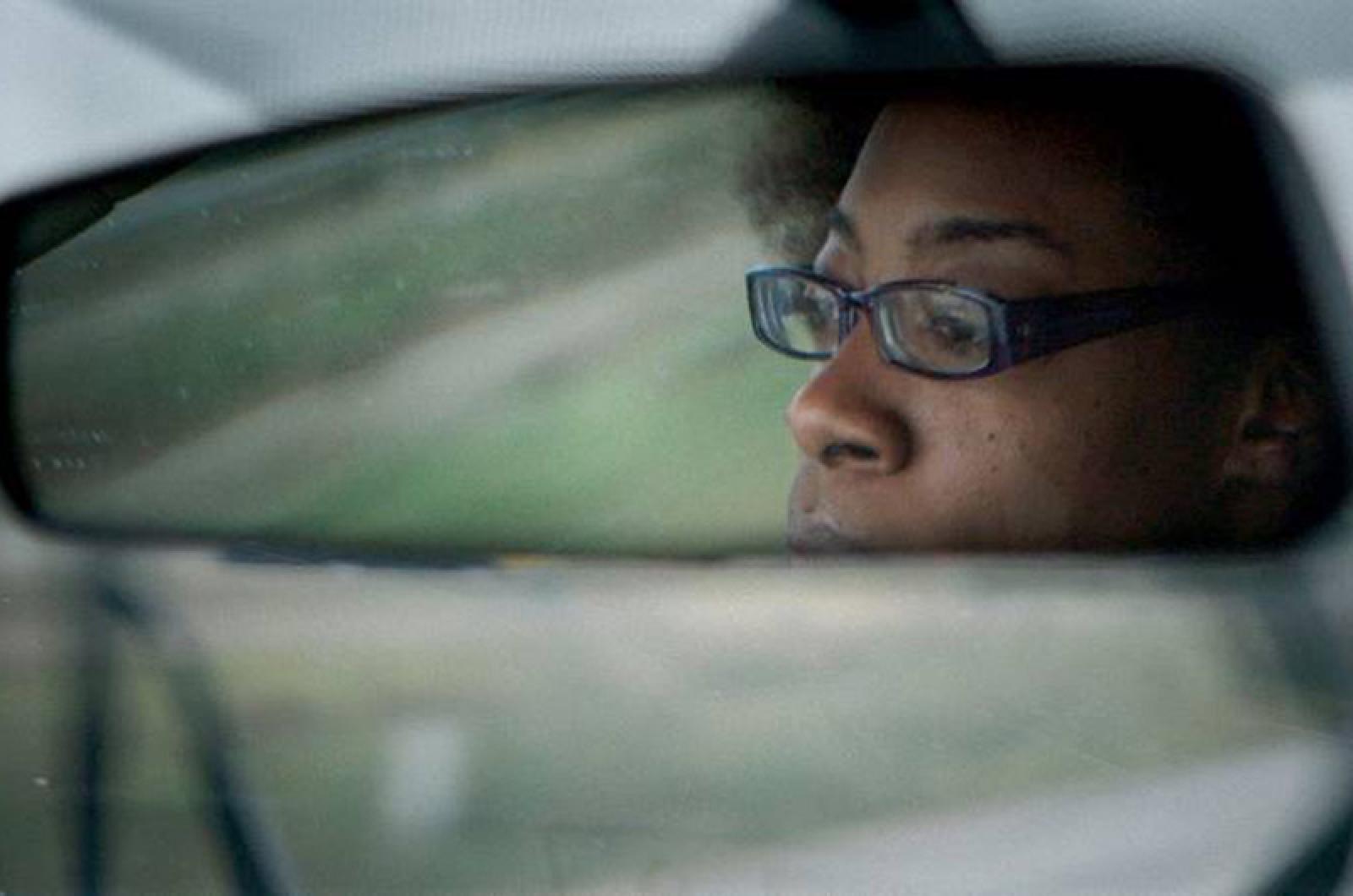I don’t need to wait for the envelope. I think it should be said right now. Congratulations to Kate Davis and David Heilbroner, our local filmmakers whose Traffic Stop has been nominated for an Oscar. A film about the perils of driving under the influence of race, it’s in the Best Documentary Short category. I’m sure they’re very excited as the big night of March 4 approaches and those envelopes get torn open. This is one for the memory bank. And as they always like to say, even if you don’t win, it’s an honor to be nominated. And hey! It really is!
My Oscar experience happened long ago, March 28, 1977, back when the red carpet was still green. TV cameras appeared on it two years later. I was there for the big night at LA’s Dorothy Chandler Pavilion because I wrote a film called Hollywood On Trial, a 106-minute examination of the effects of the blacklist — how and why people lost their jobs when the House Committee on Un-American Activities (HUAC) investigated what their members thought to be communist influence in the film industry.
Finished in 1976, Hollywood On Trial played art houses, festivals and PBS. Up to that night in LA, my biggest thrill associated with the film was the free trip to Paris and onto Cannes for the first large-audience screenings. It was not only the film’s but also my first time in France. Not easy to forget.
Also not easy to forget were the announcements of the Oscar nominations on a morning TV show in February, 1977. I heard all the big movie titles and movie star names and then they scrolled a list of the rest of . . . Wait a second! Did I just see Hollywood On Trial go by as one of the five nominated documentary features?!
My phone rang. It was one of my producers. He saw what I saw. Better yet, he got the official call from the Motion Picture Academy. We reached through the phone and hugged each other. That co-producer was also the film’s director, David Helpern Jr., who today happens to be a seasonal resident on the Vineyard.
We immediately began to parse our competition: a film about human migration over the mountains of Iran (People of the Wind), a film about the life of alcoholic novelist Malcolm Lowry (Volcano), a film about hang-gliding and skiing in New Zealand (Off the Edge) and a film about a violent coal miners’ strike in Kentucky (Harlan County, USA). We actually thought we had a chance at the Oscar.
There had been a change in atmosphere out in La La Land. By 1977 Hollywood was beating its breast, crying how sorry it was for all those years of blacklisting (1947-62). Mind you, it could have gone on longer had lawsuits not favored victims. For the past few decades, every fall to commemorate the initial HUAC hearings, there is some ceremonial look-back at what happened when fear and hysteria swept Hollywood and the country. Last fall, Turner Classic Movies ran a week of programming about the blacklist, including Hollywood On Trial. Of course, it’s always good to keep bringing up the past lest it happen again.
But as March 28, 1977 loomed larger, a dark cloud floated in, at least in my vision. We heard on the grapevine that the presenter for the documentary category would be the Vineyard’s own Lillian Hellman. Although my colleagues felt buoyed, I saw this choice as a sinker. We had just been thrown a bone, but the big fish would go to someone else. Inviting Lillian Hellman was a Hollywood peace offering, a reconciliation to a blacklist victim. Why would they now give the Oscar to a film on the same subject?
Never shy about speaking her mind or embracing leftish causes, screenwriter Hellman was summoned by HUAC in May, 1952. She wrote a letter to the committee saying she refused “to hurt innocent people whom I knew many years ago in order to save myself . . . [This] is, to me, inhuman and indecent and dishonorable. I cannot and will not cut my conscience to fit this year’s fashions.”
The committee refused her request to talk only about herself. She took the Fifth Amendment instead — and was blacklisted.
So there on the big night, I cringed even more as Lillian Hellman was introduced by, of all people, Jane Fonda, who at the time was seen as strident. Perfect casting. A year later, Jane would play Lillian in Julia, the film based on a story in Hellman’s Pentimento.
On stage, Hellman was greeted with a standing ovation. She then launched into an attack on the old Hollywood. “I was once upon a time a respectable member of this community. Respectable didn’t necessarily mean more than I took a daily bath when I was sober, didn’t spit except when I meant to, and mispronounced a few words of fancy French.” She then accused the movie moguls of reacting to the witch hunt “with a force and courage of a bowl of mashed potatoes.”
It was time for the envelopes. The Oscar went to Harlan County, USA, an excellent film made at great emotional cost by Barbara Kopple — another Vineyard summer person. I didn’t wear a told-you-so look. I smiled and applauded. Then I turned to Jim Gutman, our film’s other producer, and said, “We’ll always have Paris.”




Comments (4)
Comments
Comment policy »